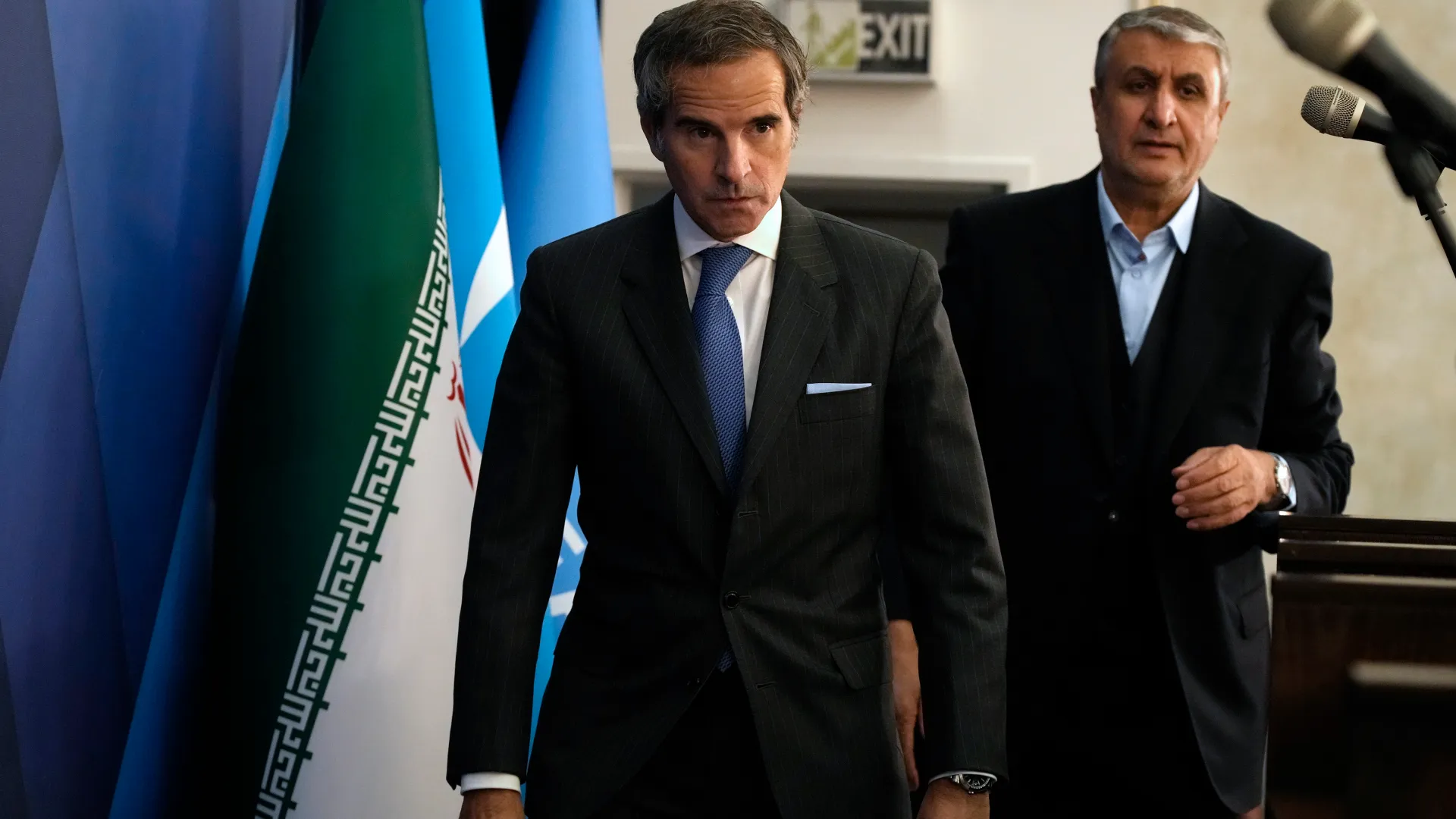International News Department 25/11/2024
In a move that underscores ongoing international concerns, Iran has announced plans to engage in nuclear talks with representatives from France, Germany, and the United Kingdom. This diplomatic meeting, expected to take place on Friday, comes amid rising tensions surrounding Iran’s nuclear activities and a recent critical resolution from the International Atomic Energy Agency (IAEA).
Diplomatic Efforts in a Volatile Context
The announcement of the meeting was made on Sunday by Iran’s Ministry of Foreign Affairs, with confirmation from UK officials. Although the exact location of the talks remains undisclosed, the agenda includes a range of pressing issues, such as the situations in Palestine and Lebanon, alongside the contentious nuclear issue, according to Iranian Foreign Ministry spokesperson Esmaeil Baghaei.
This gathering follows the adoption of an IAEA resolution on Thursday that criticized Iran for what the agency described as insufficient cooperation regarding its nuclear program. Out of the 35-member IAEA Board of Governors, 19 nations voted in favor of the resolution, including the three European countries involved in the upcoming talks. Meanwhile, 12 nations abstained, and Russia, China, and Burkina Faso opposed the motion.
The IAEA’s resolution is the third of its kind since 2020 and carries significant symbolic weight. It reflects ongoing apprehensions about Iran’s nuclear activities, which critics allege are aimed at developing a nuclear weapon. Tehran has consistently denied these accusations, asserting that its nuclear program is for peaceful purposes.
In response to the resolution, Iran unveiled plans to advance its uranium enrichment capabilities. Behrouz Kamalvandi, a spokesperson for Iran’s atomic energy organization, announced the development of “new and advanced centrifuges” to increase enrichment capacity. Despite this announcement, Iranian officials emphasized their continued cooperation with the IAEA.
“We remain committed to taking every diplomatic step to prevent Iran from developing nuclear weapons,” stated the UK’s Foreign and Commonwealth Office, hinting at the possibility of invoking the “snapback” mechanism if deemed necessary.
Historical Context: From Agreement to Escalation
The origins of the current tensions trace back to the 2015 Joint Comprehensive Plan of Action (JCPOA), an agreement between Iran and world powers, including the United States, aimed at curbing Tehran’s nuclear activities. However, in 2018, under the administration of President Donald Trump, the US unilaterally withdrew from the deal and reinstated sanctions on Iran. This decision significantly escalated tensions, prompting Tehran to reduce its cooperation with the IAEA, including the deactivation of UN surveillance equipment, while bolstering its enriched uranium stockpile.
Recent IAEA reports indicate that Iran has begun preparatory measures to limit its highly enriched uranium reserves. However, concerns persist as Iran nears the 90 percent enrichment threshold required for nuclear weapon production.
The upcoming discussions with European nations offer a critical opportunity for diplomacy amidst escalating concerns. While Tehran continues to assert its willingness to collaborate with the IAEA, the broader international community remains wary of the potential for nuclear proliferation. The outcome of these talks could have significant implications for regional stability and global nonproliferation efforts.
As the meeting approaches, the international community will closely watch for signs of progress in de-escalating tensions and fostering constructive engagement on one of the most contentious issues in global politics.

